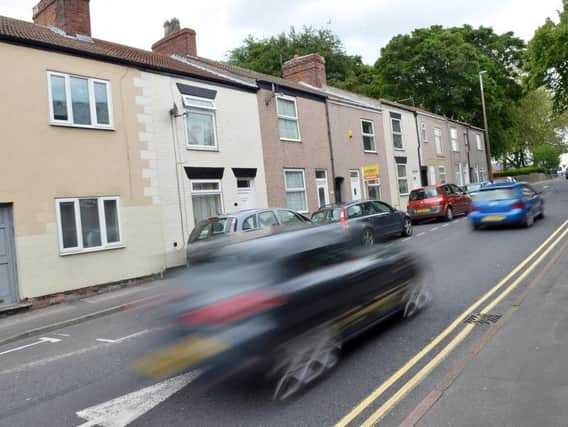Driving drowsy: 10% of Lancashire drivers have nodded off at the wheel


With one in 10 motorists saying that they have driven whilst "dangerously tired" according to new research by independent car buying site carwow, just 10% of the 2,000 surveyed believed that drowsy driving is more of a risk than drink or drug driving despite driver sleepiness being responsible for an estimated 20% of accidents on major roads, according to the government.
The most common reasons for getting behind the wheel whilst fatigued were identified as a lack of sleep (30%), working unsociable hours (24%), and a desire to get home after a late night event (22%), with women (40%) more likely to drive whilst drowsy than men (33%).
Advertisement
Hide AdAdvertisement
Hide Ad“These findings are worrying but no real surprise as fatigue has been emerging as a growing issue in road safety in recent years," Neil Greig, Policy and Research Director at IAM RoadSmart. "Falling asleep incidents tend to result in serious crashes, particularly on motorways, where the results are nearly always fatal.
“Technology can help but tiredness never creeps up suddenly on a driver so a degree of personal responsibility is always needed," Neil added. "IAM RoadSmart recommend not driving for more than two hours without at least a 20 minute break, and being aware of the high risk times, e.g. after lunch and when you would normally be asleep.”